To create a successful team-building activity in a casino, the focus should be on fostering collaboration, strategic thinking, communication, and problem-solving.
1. Choosing the Right Activities
To encourage teamwork, it’s important to select casino games that require collaboration rather than those that focus solely on individual success. For example:
Poker Tournaments: Set up a poker tournament where team members play together, share strategies, and make collective decisions. This encourages communication and strategic thinking, as players must work together to outsmart the competition.
Blackjack Team Play: Assign roles such as player, strategist, and observer within each team. The player makes the moves, the strategist devises the plan, and the observer provides feedback. Rotating these roles keeps everyone engaged and allows each member to contribute their strengths.
Scavenger Hunt with a Casino Twist: Create a scavenger hunt around the casino, incorporating clues and tasks that require teams to explore the venue and interact with various casino games. This activity promotes exploration, cooperation, and quick thinking.
2. Setting Clear Objectives

Before diving into the TonyBet login games, it’s crucial to establish clear objectives for the team-building session. Communicate to the team that the goal is not about winning money, but about improving teamwork, communication, and strategic thinking. By aligning the activities with these objectives, participants will be more focused on working together rather than solely on personal gains.
3. Encouraging Collaboration and Communication
To make the team think and work together, design activities that necessitate constant communication and collaboration. Here are some strategies:
Group Decision-Making: In games like poker or blackjack, make it a rule that every move must be discussed and agreed upon by the group. This fosters open communication and ensures that all team members have a voice in the decision-making process.
Strategic Planning Sessions: Before engaging in each game, allow time for teams to huddle and devise their strategy. This planning phase encourages the sharing of ideas and builds a sense of unity as everyone contributes to the game plan.
Debriefing Sessions: After each game or activity, hold a debriefing session where teams can discuss what went well and what could be improved. This reflection helps solidify learning and encourages teams to continuously refine their approach.
4. Injecting Fun and Healthy Competition

While the primary focus is on teamwork, adding a layer of friendly competition can enhance the experience. Create small challenges or mini-tournaments where teams can earn points or rewards based on their performance. The competitive aspect should be light-hearted, with an emphasis on fun rather than pressure. This keeps the energy high and motivates teams to push their limits in a supportive environment.
5. Role of Facilitators
Having facilitators or coaches present during the activities can significantly enhance the learning experience. Facilitators can provide guidance, keep the teams on track with the objectives, and offer insights into how teams can improve their dynamics. They can also help in resolving conflicts, encouraging quieter members to participate, and ensuring that everyone remains engaged.
6. Creating Lasting Impact
To ensure the team-building activity has a lasting impact, conclude the session with a group discussion or a feedback session. Encourage participants to share their experiences, insights, and how they plan to apply the skills they’ve learned to their everyday work. Providing takeaways or small prizes can also reinforce the key lessons and make the experience memorable.
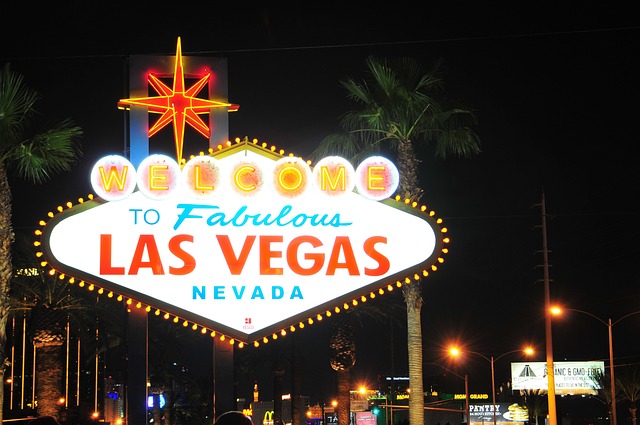
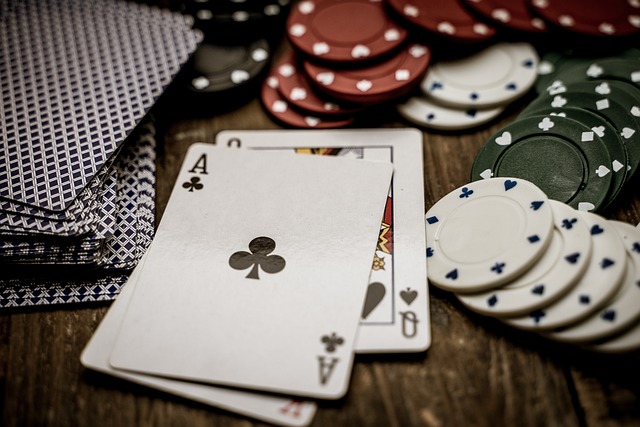

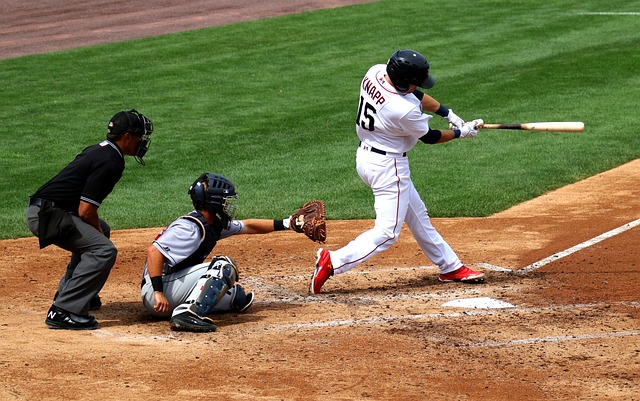
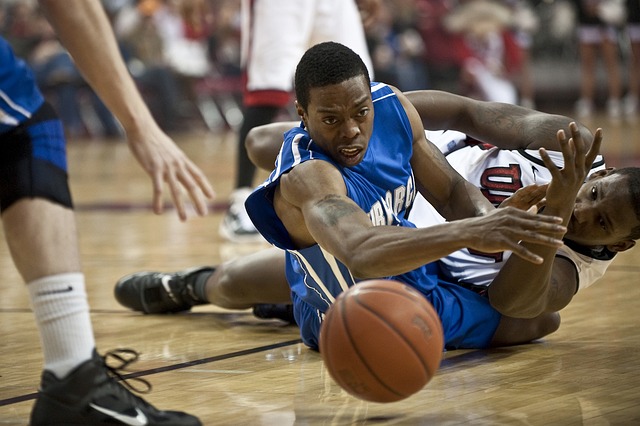
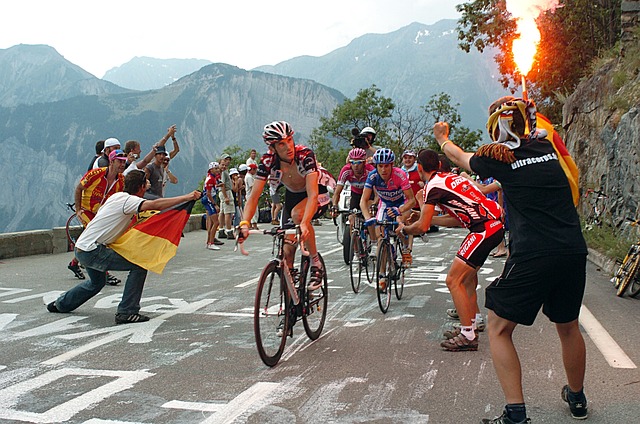
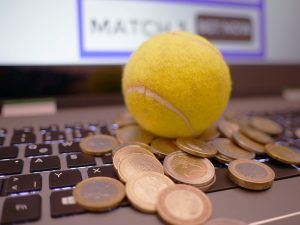

+ There are no comments
Add yours